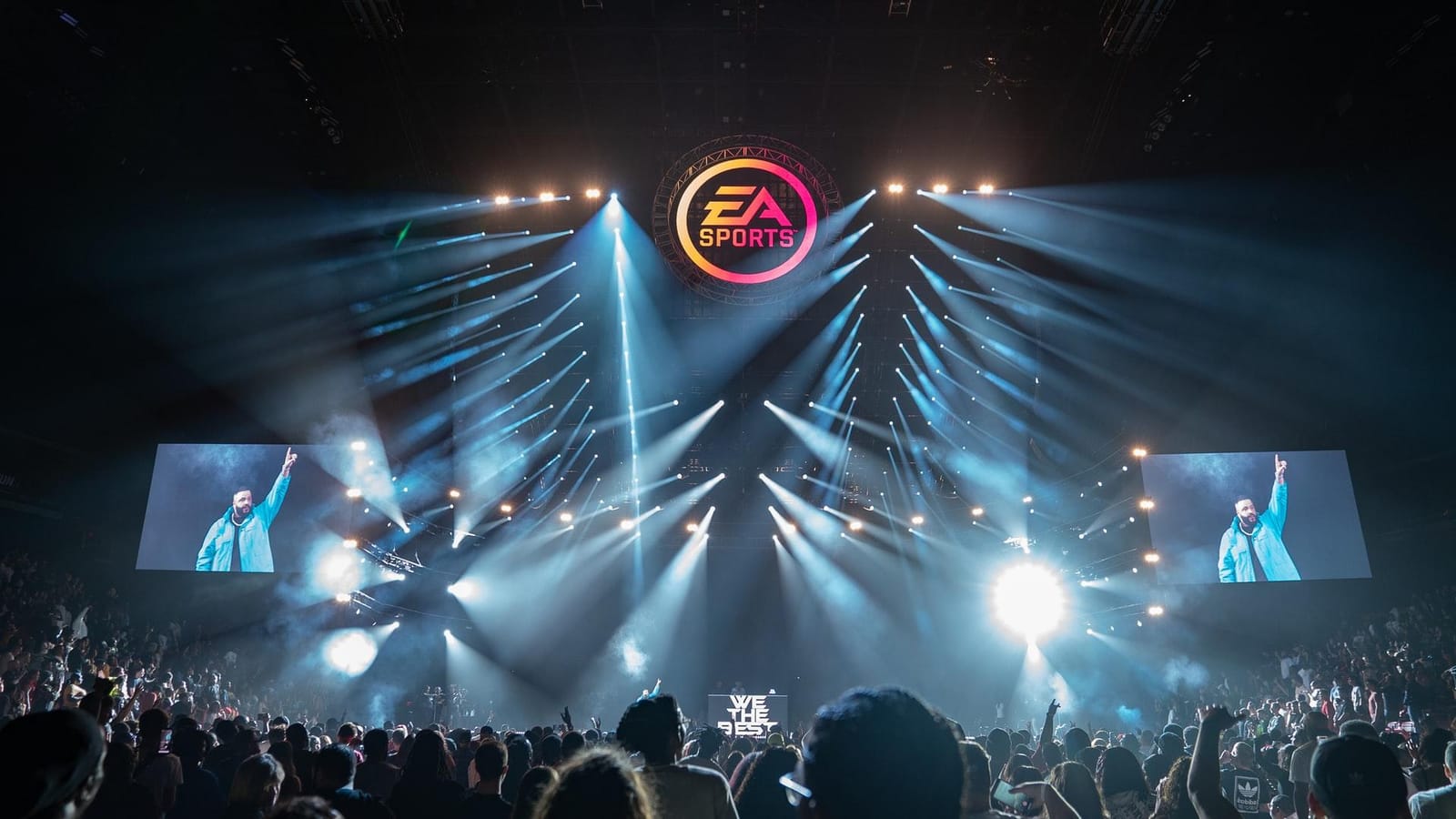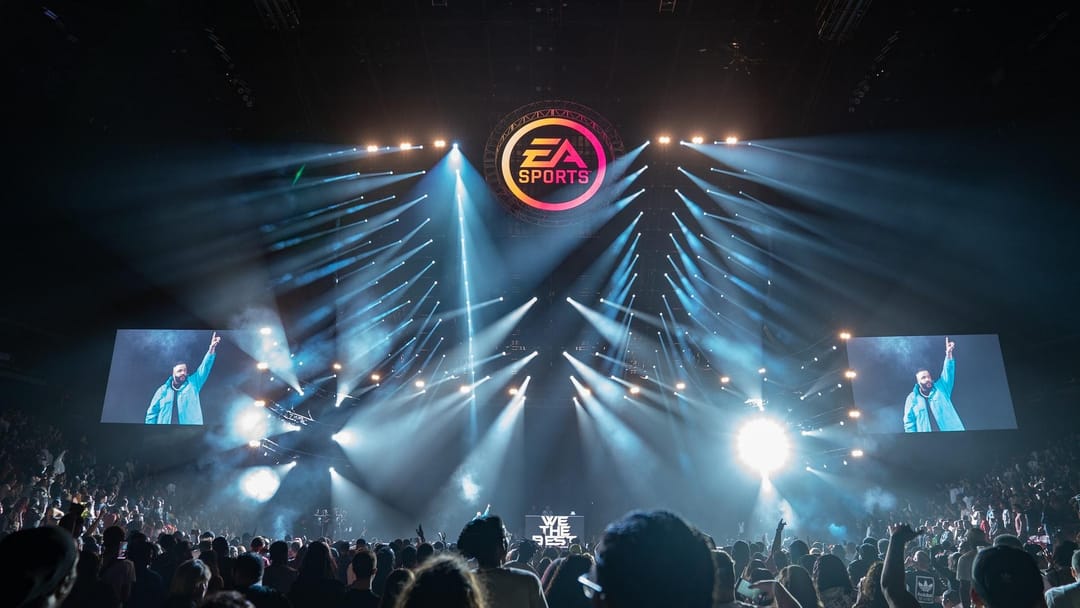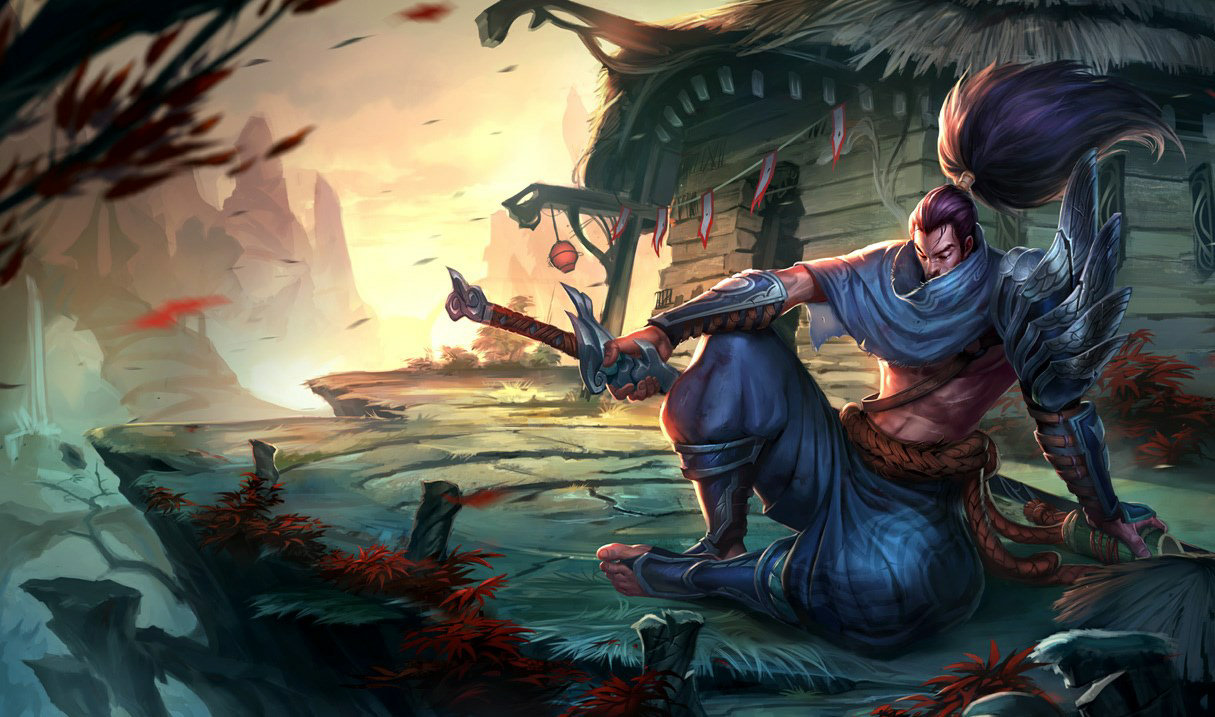


Esports coaching is the best and most reliable way of finding out what you’re missing when it comes to your understanding of a game like League of Legends.
As a novice, you’ll have a hard time discovering why you can’t beat players of a higher tier. But a pro or semi-pro player, who is practically an expert in your game of choice, can tell you immediately what you’re doing wrong, just by looking at a replay or competing alongside you. All in all, a competitive gaming coach can really help.
Very often, players hit a certain limit and get stuck in a competitive tier, where they spend many months trying to figure out why they simply cannot climb higher. They win some games, lose others, but on average, they remain at exactly the same Elo. Or, if they start to get angry and lose their patience, they usually drop even lower. In general, this stagnation is caused not by a lack of technique, but by a lack of understanding of the big picture - the elements that make up the overall strategy of the game.
It doesn’t matter if you have hundreds of games with a champion and know how to play it to perfection in the laning phase, if you’re making crucial mistakes during the later stages of the game. Things like communication, being in the right place at the right time, synchronizing with the rest of your team to achieve common goals, positioning yourself properly during team fights, making effective movements around the map, and other things like that will add up to a big advantage or a big disadvantage. If you do all the right things, on average you will win more than you will lose.
Good! Adaptation, improvisation... But your weakness... is not your technique.Morpheus, “The Matrix”
That might be difficult to understand from your position but look at things this way: if you were to ask a pro player to compete using your account and have the same “awful” teammates that you’re complaining about right now, he would certainly win a lot more matches than you, simply because he possesses a superior understanding of the game. This has nothing to do with teammates. Because on average, your teams are just as good or as bad as everyone else’s.
By definition, if you compete in a skill bracket, everyone is going through the same process. You get smurfs and account buyers, flamers, and people who easily get discouraged and give up without really trying. Occasionally, you get a teammate who is so good, you’re practically getting carried to an easy victory without doing anything significant. And guess what: so does everyone else! We all get the same amount of good and bad luck, even though at times we feel like we’re the victims of some great gaming conspiracy. Behind the scenes, the Elo assassins are coming just for you. Because they noticed that you’ve won 3 games in a row: “Quickly boys! He’s winning too much! We need to fix this problem! Who’s gonna do it?”
The players who climb the ladder faster are those who achieve at a faster pace a deeper understanding of the game and start seeing with clarity how matches can be won. When you achieve such insights, you no longer look at the game with novice eyes. Instead, you discern patterns, weaknesses, dangers, and so on, and then make every move count. You play like a grandmaster would in a game of chess, and eliminate all the mistakes and inefficiencies from your strategy.
At each tier, people tend to make certain errors and have certain types of inefficiencies in their game. When they figure out what these errors and inefficiencies are, they can correct them and then immediately improve their win rate. Many of these imperfections are subtle, at least to you. Otherwise you’d discover them rather quickly and then relentlessly climb to higher brackets.
However, a player who’s much better than you will notice everything right away. Because in order to compete in their bracket, they simply cannot make those kinds of mistakes. Otherwise they would lose game after game and drop to a lower division. So when they see you making a decision, they immediately realize that they would have done something else. And they also know why. At that moment, in which you discover the reasoning of someone who’s playing better than you, you immediately understand what you should be doing and why it would improve your results.
Esports coaching accelerates your progress in the same way in which speaking a foreign language with a native will accelerate your knowledge of it. That person can help you notice your mistakes simply by communicating with you and making observations. As soon as you’ve said something, they will know if you expressed yourself properly or not. The same applies to an esports coach. A high-level player looks at replays from lower tiers and immediately spots problems. If it’s a team-related issue, they can tell you what went wrong and why. If they focus on your individual game, they can tell you what you could have done better.
In esports coaching, the player who is teaching you becomes a role model for your understanding, decision making, and attitude during a game. They practically lend their mind to you and allow you to think the way they do. And that is guaranteed to help you see things that are difficult to notice on your own.
Another thing that esports coaching can offer you is a methodology for getting better. It’s always a good idea to ask your coach how to train, what to pay attention to during games, and so on.
Finally, one last thing is motivation. Quite often, people get demotivated if they have to do everything on their own, without supervision. In this regard, an esports coach can offer you the same thing that a personal trainer would offer you if you wanted to gain or lose weight: consistency.
Esports coaching is a vehicle. If you want to travel to another country you can do it by foot, and it’s going to take you a very long time, or you can use a plane, and you’ll get there much faster and with far less effort.

Barry is a gaming writer and former high-elo player covering coaching tips, champion guides, and esports news.
View all articles